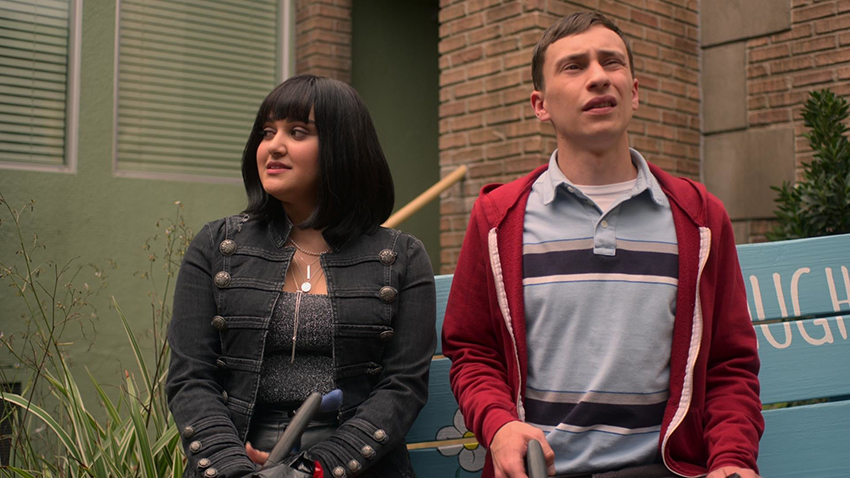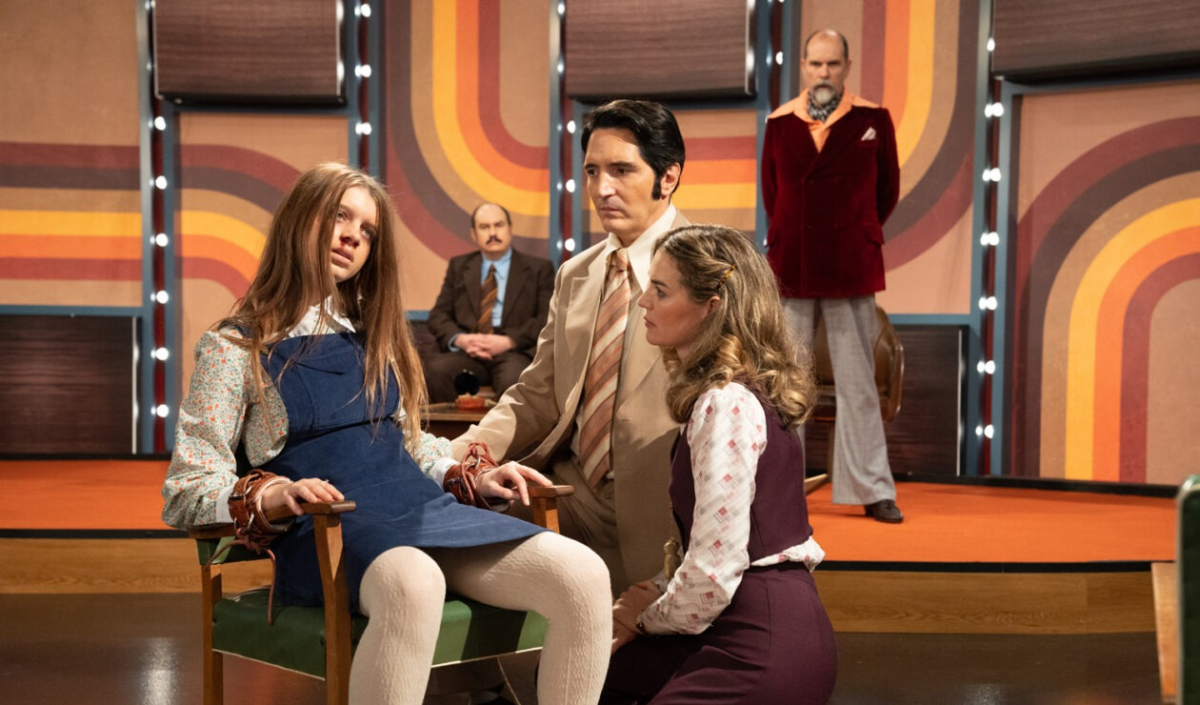Picking up where its first season left off, the latest iteration of Netflix Original “Atypical” captures the autistic experience with exceptional clarity . As a person with autism, “Atypical” struck a chord with me, although not in a totally good way.
The series follows 18-year-old Sam (Keir Gilchrist) as he becomes more independent, precipitating massive changes within his family. As tensions between his parents turn turbulent, his sister Casey (Brigette Lundy-Paine) navigates her new private school, where she was recruited on an athletic scholarship. Sam’s family is pulled in every direction at the beginning of this season, forcing Sam to cope with autism’s greatest enemy: disruption of routine.
Building off of the dimension established by the previous season, “Atypical” continues a fantastic job of keeping Sam central to the story. The struggles experienced by Sam’s friends and family are articulated in a sensitive and tasteful way, deviating from the norm of focusing on the inconveniences of having a child with autism. Many series and films featuring autistic leads tend to lose these characters in the way autists stir the world around them. This is to say, the stories tend to focus on the people affected rather than the one having the effect.
The story is not only narrated by Sam, it is told using analogies to penguins, his special interest. People with autism often have specific interests, about which they will memorize any and all available information. Showrunner Robia Rashid’s attention to detail is exemplified in this, as it is one of the factors key to diagnosing Autism Spectrum Disorder. As the number of diagnoses rises, it becomes more important than ever for people with autism to see themselves represented in healthy ways.
Clichés bring this series away from all the good being done, however. Individuals experience the world as just that — individuals. Few people with autism have the same experiences with their diagnosis. While it is understandable why Rashid would need to use these stereotypes to portray an autistic character — so many people only recognize the most basic aspects of autism — it is still setting a poor precedent.
Sam is not the only person with autism presented to the audience. He joins a peer group mid-season, in which he meets several other people who are on the spectrum. Whereas Rashid had the opportunity to showcase diversity within the autism diagnosis, diversity in this group is only skin deep. Every character with autism is reduced to a caricature similar to Sam — constant meltdowns, extreme adherence to their perception of reality and their specific interests.
This lack of diversity is not immediately apparent. The cast is remarkably diverse for a series centered around a white family. However, for a peer support group of neurologically diverse teens, they are remarkably similar. Describing autism as a spectrum is not simply a turn-off phrase.
People with autism are not just empathy-challenged people who don’t care about the world around them, or slaves to logic or special interests. We are fully formed people with real feelings. We just don’t express them the same way as neurotypical people.
“Atypical” manages to tell the story of what it is to be an autistic child through the varied lenses of mother, father, sister, and brother in such a way as to be whole and complete. Previous attempts at such storytelling have focused on the view from parents raising a child they don’t understand, or a child living in a world where they are not understood. However, creators such as Rashid must make an effort to veer from the familiar in order to tell a truly compelling story that challenges the audience to think about the world in an unfamiliar way.
“Atypical”
Rating: TV-MA
Score: 4.5/5





















